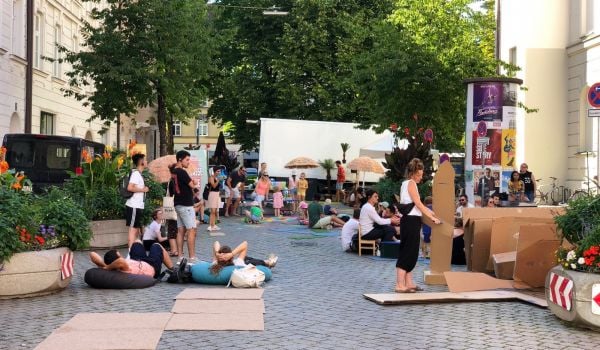This week, United Nations delegates and other representatives of cities around the world are gathered in Surabaya, Indonesia, to hash out the specifics of a global agreement intended to guide urbanization over the next two decades. This “New Urban Agenda” is supposed to pay particular attention to equitable development. Yet, to date, few discussions have focused on how urban developments made in the name of the public good may actually threaten the livelihoods of low-income and marginalized communities. What can the New Urban Agenda learn from the mistake of cities who have ignored the needs of their most vulnerable constituents?
Across the globe, cities are growing faster in population than they are in infrastructure required to fairly support an urbanized world. This, in combination with the internationalization of markets and thinning municipal budgets, is turning cities into areas of severe socio-economic inequality. Many of the urban greening strategies available to urban managers, from transit-oriented developments to community parks, can in fact exacerbate gaps between the haves and the have-nots.
To assess if the New Urban Agenda could actually lead to equitable sustainable development, I surveyed the language and strategies proposed in the New Urban Agenda issue profile papers, the draft agenda and critical supporting documents. My findings show that the inequalities exacerbated by traditional development strategies are barely acknowledged. What’s more, almost no formal strategies are being articulated to deal with them. Sustainable initiatives may in fact lead to significant displacement if proper policies aren’t enacted to ensure just urbanization.
The lack of serious “development without displacement” strategies is particularly problematic for an agenda that claims to focus so heavily on equity, for it does not acknowledge the structural barriers to creating just cities. Nor will it, without long-term planning around urban land market dynamics, be able to maintain its alleged equitable development progress. The agenda needs to encourage the use of strategic initiatives designed to socially and economically empower traditionally marginalized communities. Many of these initiatives are already being developed by justice workers within major US and European cities. These can include ensuring local communities are hired to build the major infrastructure projects of the next century, investing in the workforce development of historically marginalized communities, and supporting minority owned businesses seeking to ensure a more sustainable future.
The New Urban Agenda presents one of the most substantial international investment agendas in decades, and it is essential these investments go towards supporting those communities who have historically been the most disenfranchised.
Nikola Alexandre is a master’s student at the Yale School of Management and the Yale School of Forestry and Environmental Studies. He works on sustainable development with a focus on racial, economic, and environmental justice.











